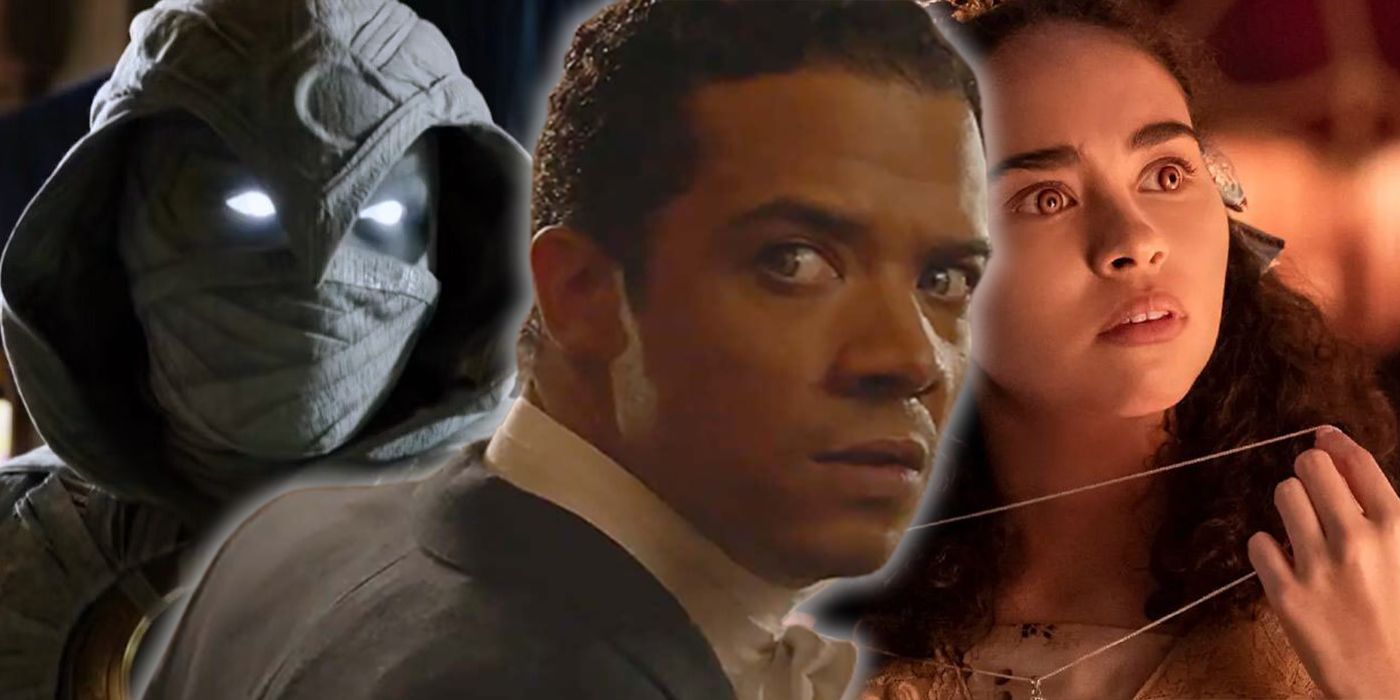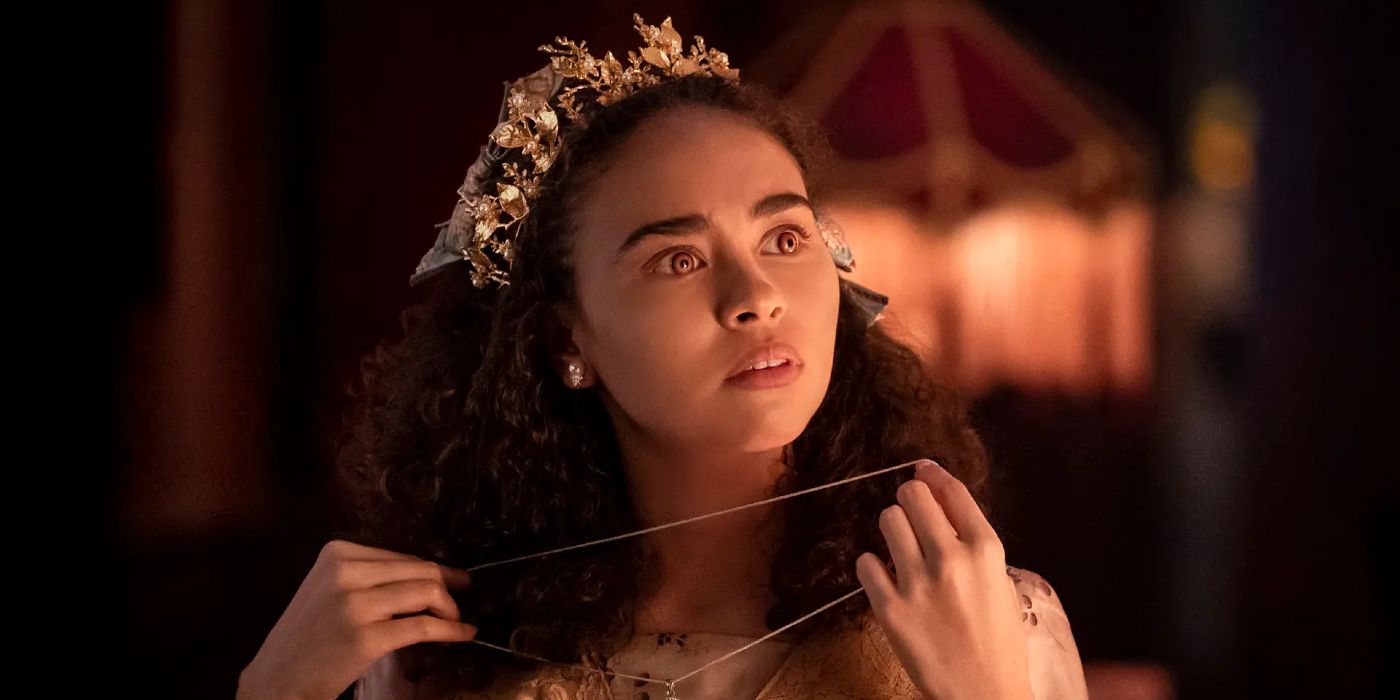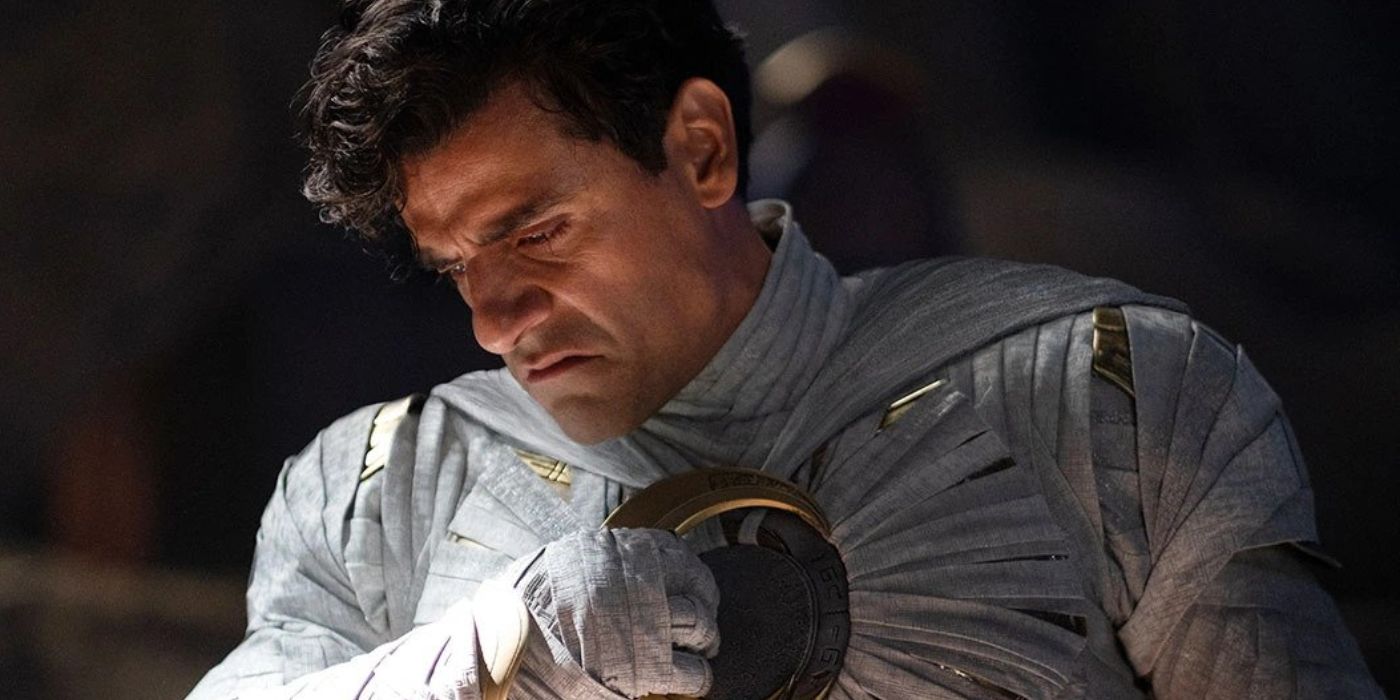Season 1 of the MCU version of Moon Knight aired its last episode to critical and fan acclaim in May 2022. Nearly half a year later, the final episode of Season 1 of Anne Rice's Interview with the Vampire premiered on AMC. These two stories were different in nearly every way, but one detail, in particular, set them truly apart: both have vastly different ways of handling the concept of an unreliable narrator.
Both Vampire and Moon Knight approach the unreliable narrator storytelling device from vastly different angles and handle it with some element of grace. For example, Moon Knight was careful to ensure that its portrayal of Steven Grant/Marc Spector's Dissociative Identity Disorder (DID) was sensitive, if not entirely accurate to the mental health condition. It was also a superhero narrative, as opposed to Vampire's romance. In the end, however, both stories relied upon a narrator who, at times, was not forthcoming with the world as it truly is, whether informed by rose-colored glasses or mental health. After all, Moon Knight's version fell a bit flat and failed to deliver a satisfyingly biased and realistic portrayal of an unreliable narrator. In spite of the differences between the two shows, this aspect of Moon Knight in particular can benefit from Vampire's treatment.
Interview with the Vampire Subtly Prepares the Viewer
In pedagogy, one of the most important concepts is "scaffolding." Essentially, teachers help students to learn to do the work themselves before allowing them to do so with progressively more independence. Scaffolding in storytelling tends to work by foreshadowing, and Interview with the Vampire is no exception. In the very first episode, "In Throes of Increasing Wonder…", Eric Bogosian's Daniel Molloy bemoans his shortcomings as an interviewer the first time he spoke with Jacob Anderson's Louis de Pointe du Lac -- specifically that he didn't follow up on contradictions. In later episodes, Molloy points out times that Louis' narrative either doesn't fit well with the general account he's given or that the character's previous interview doesn't line up with the current account.
This all prepares the viewer for a revelation at the end of Episode 7, "The Thing Lay Still." In this, it is revealed that Bailey Bass' Claudia has been mischaracterized by Louis in the recent story -- an aspect that fans watching closely would recognize. It makes the viewer feel just as offended as Molloy when Louis' untruth is laid bare. This betrayal is something telescoped out brilliantly for fans, but it shows that the show they've been watching isn't necessarily factually correct, but as Louis indicates, more of a fairytale version of what happened.
Moon Knight Could Use These Tips in Season 2
In Moon Knight, the Disney+ series establishes that Marc is not aware of everything that is happening in the world around him, and his memories show that he is not always honest, be it with himself or with those around him. Though he is not narrating the story like Louis in Vampire, his perspective is of tantamount importance to the show. It's established that the Egyptian moon god Khonshu is lying to Marc and that Marc is not aware of everything going on inside his body as Season 1 reached its end, but it has scaffolded Marc's unreliable perception of reality.
By using the way that Interview with the Vampire turns the viewer into a sort of detective, Moon Knight could use viewers' expectations of Marc's story to subvert expectations and make for a more unique viewing experience. In doing so, the show would prove to hew more closely to the well-loved Greg Smallwood and Jeff Lemire Moon Knight run, making the show truly stand out from the rest of the MCU. It would've similarly moved Marc's Dissociative Identity Disorder from its problematic status as a plot point that makes him unable to account for his actions to a condition of narrative importance that truly deals with the difficulty of living with DID.



